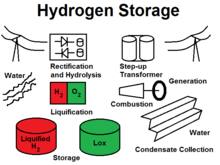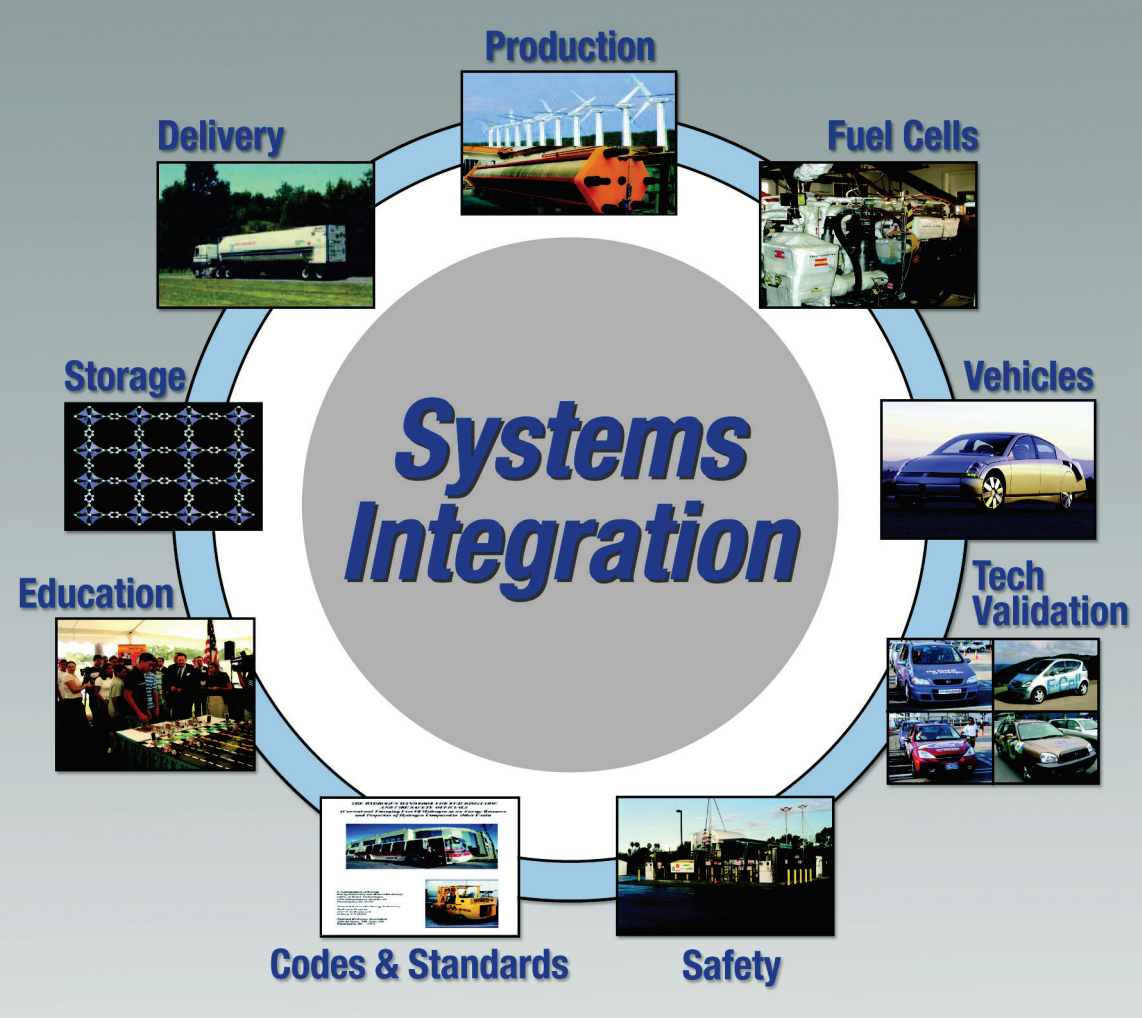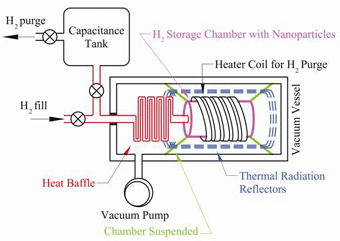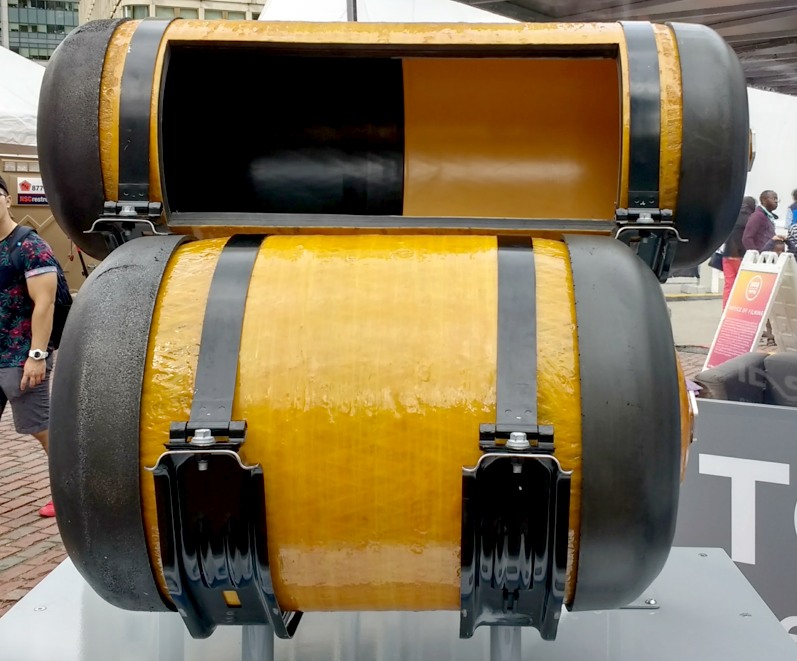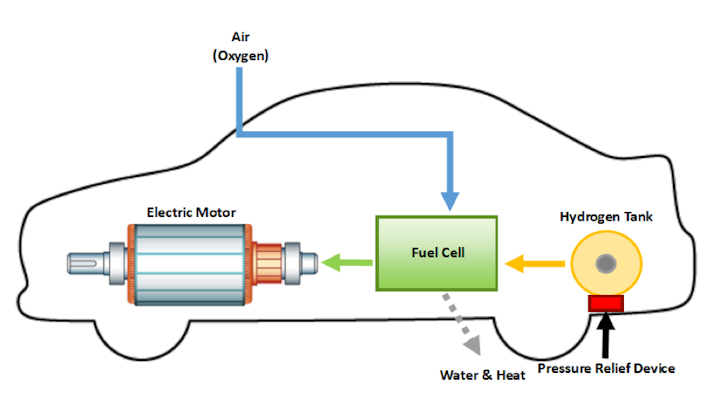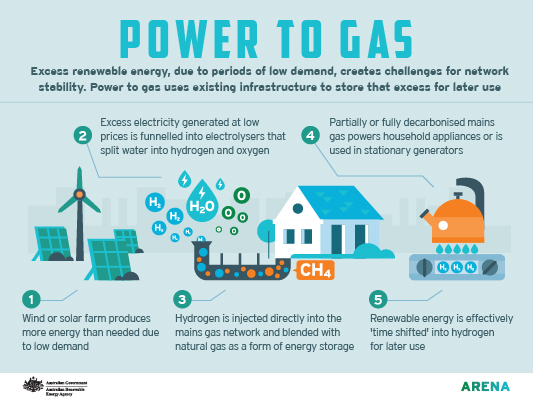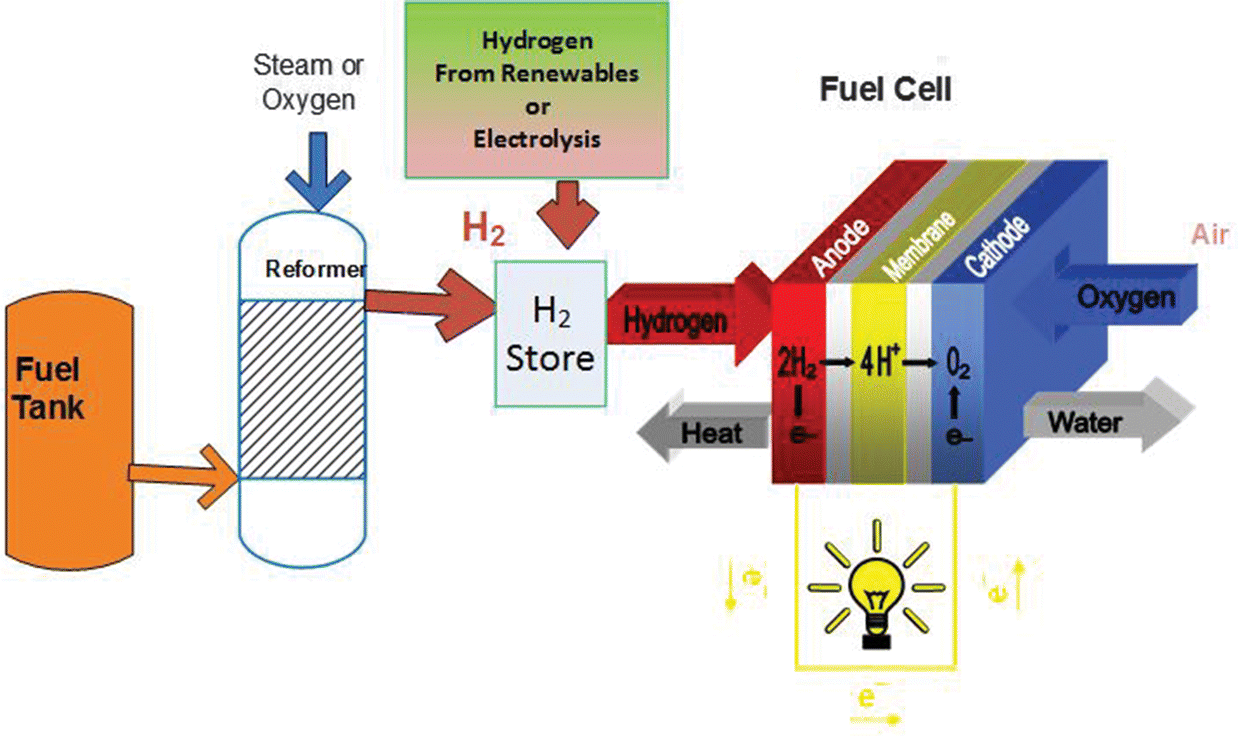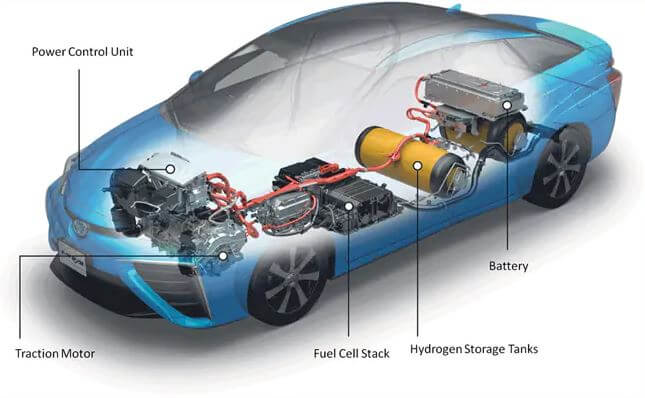The weight and volume of hydrogen storage systems are presently too high resulting in inadequate vehicle range compared to conventional petroleum fueled vehicles.
Hydrogen fuel storage problems.
There are still problems in the realization of the renewed hydrogen from water but the market supply and the cost of hydrogen do not constitute the bottleneck of hydrogen vehicles today although the hydrogen used presently may not be renewed.
The problem is producing it on the scale required.
As well as storage.
Approximately 10 of the energy content related to the lower heating value lhv must be taken into account for a storage pressure of 200 bar while storage at 800 bar requires about 15 5.
The distribution part is relatively easy in europe.
These expenses are far higher than what we experience with gasoline especially when you look at the expense of gas separation instead of hydrocarbon refinement.
Hydrogen can be pumped along pipelines previously used to transport gas though they would not be enough.
The compression of hydrogen to the chosen storage pressure is one of the major factors.
The one big problem with green hydrogen by irina slav sep 07.
By adding impurities to rolled sheets of carbon in.
The thorny problem of how to store hydrogen fuel safely for future vehicles and portable gadgets could be solved by simply storing it in nanoscopic scrolls of carbon.
The hydrogen economy is based on the production transportation storage and use of the hydrogen energy vector as shown in fig 1.
Green hydrogen production costs will equal fossil fuel based hydrogen by 2040.
Materials and components are needed that allow compact lightweight hydrogen storage systems while enabling mile range greater than 300 miles in all light duty vehicle platforms.
Liquid hydrogen storage uses up to 40.
Therefore any method of storage is not allowed to considerably increase the cost of hydrogen fuel.
In theory hydrogen could play a very big role in phasing out fossil fuels as it produces no co2 when it is burned.
In some countries.
Since 2006 the cost estimates for hydrogen fuel cell storage have decreased by more than 50 but it is also still at 53 per kilowatt when looking at the stacks needed for a modern automobile.
Hydrogen fuel is an alternative to the present energy situation which is predominantly based on fossil fuels and consequently their economic geostrategic and ecological problems 1.
To make hydrogen a mainstream fuel you need production and distribution as well as storage infrastructure.
In the 2050 2070 time frame hydrogen with as much as two weeks of stored energy is forecast to be a cost effective storage method based on projected power and energy capacity capital costs.


